In-Depth Analysis: Transparent Airfares Act of 2014 Supporters
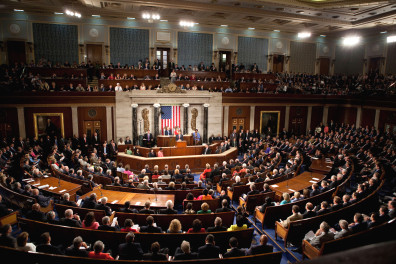 As I discussed earlier this week, the U.S. House of Representatives passed the Transparent Airfares Act earlier this week. This piece of legislation that was highly favorable to the airline industry was passed in a rather non-transparent way, which you can get more details on from our earlier article.
As I discussed earlier this week, the U.S. House of Representatives passed the Transparent Airfares Act earlier this week. This piece of legislation that was highly favorable to the airline industry was passed in a rather non-transparent way, which you can get more details on from our earlier article.
This post however, will show you a more in-depth analysis of the supporters of the bill and how much they have received in terms of contributions from the airline industry. I personally dislike Shuster, but he isn’t the only one down the airlines’ pants. I also hate to get political, but I’m calling both parties out in this analysis.
If that wasn’t enough to think consumer and voters are getting the raw deal with this piece of legislation, it only gets worse by following the money and the details of the members of Congress who supported the legislation. A look at the contribution of these members gives you a broader idea of how broken Washington is.
It also is important to note that in 2010, no airline group or the industry was in the top five contributors to his campaign. Furthermore, in 2012, Shuster received $97,500 from the air transport industry, his third largest contributor and nearly half of the contributions he received in this election cycle. Isn’t it kind of suspicious that his greatest contributors are also those who had a great stake in the passage of the legislation that Shuster passed?
Top 5 Industries, 2013 – 2014, Campaign Cmte
| Industry | Total | Indivs | PACs |
|---|---|---|---|
| Air Transport | $213,750 | $92,250 | $121,500 |
| Oil & Gas | $174,730 | $23,850 | $150,880 |
| Construction Services | $165,200 | $79,950 | $85,250 |
| Lawyers/Law Firms | $164,529 | $62,529 | $102,000 |
| Building Materials & Equipment | $136,450 | $57,950 | $78,500 |
Representative Peter Defazio (D-OR), an original co-sponsor of the bill, is also no stranger to contributions from supporters of the bill. The number one contributor to Defazio is the Air Line Pilots Association. The air transport industry was also his second greatest contributing industry.
Top 5 Industries, 2013 – 2014, Campaign Cmte
| Industry | Total | Indivs | PACs |
|---|---|---|---|
| Transportation Unions | $67,000 | $0 | $67,000 |
| Air Transport | $54,250 | $1,750 | $52,500 |
| Public Sector Unions | $36,500 | $0 | $36,500 |
| Building Trade Unions | $35,000 | $0 | $35,000 |
| Railroads | $32,450 | $2,450 | $30,000 |
Next on the list is Congressman Nick Rihall’s (D-WV) top contributions. Rahall is the ranking member on the committee and was an original co-sponsor of the bill. He also received $88,000 from the air transport industry.
Representative Rick Larsen (D-WA) also has some questionable contributions in his file. Alaska Air Group (supporters of the legislation) gave $12,000 to Larsen this year alone. The air transport industry in general gave him $91,250. The Air Line Pilots Association was his third greatest contributor, giving him $10,000 this year. It also might not hurt that Alaska Airlines is headquartered out of Washington, which means their influence over Washington politics is probably pretty heavy.
Top 5 Contributors, 2013 – 2014, Campaign Cmte
| Contributor | Total | Indivs | PACs |
|---|---|---|---|
| United Parcel Service | $12,500 | $0 | $12,500 |
| Alaska Air Group | $12,000 | $0 | $12,000 |
| Air Line Pilots Assn | $10,000 | $0 | $10,000 |
| American Medical Assn | $10,000 | $0 | $10,000 |
| Blue Cross/Blue Shield | $10,000 | $0 | $10,000 |
Top 5 Industries, 2013 – 2014, Campaign Cmte
| Industry | Total | Indivs | PACs |
|---|---|---|---|
| Air Transport | $91,250 | $1,250 | $90,000 |
| Transportation Unions | $57,000 | $0 | $57,000 |
| Sea Transport | $42,015 | $13,015 | $29,000 |
| Health Professionals | $36,150 | $8,650 | $27,500 |
| Railroads | $26,500 | $2,000 | $24,500 |
Next on the list, you’ll see Congressman Frank LoBiondo (R-NJ), also no stranger to contributions from the airline industry. His greatest contributor this cycle is none-other than United Continental Holdings, A.K.A. United Airlines! His second greatest industry for contributions was, in fact, the air transport industry. That industry alone gave him $128,730.
Top 5 Contributors, 2013 – 2014, Campaign Cmte
| Contributor | Total | Indivs | PACs |
|---|---|---|---|
| United Continental Holdings | $37,000 | $23,000 | $14,000 |
| Public Service Enterprise Group | $20,100 | $10,100 | $10,000 |
| National Electrical Contractors Assn | $12,500 | $0 | $12,500 |
| Aircraft Owners & Pilots Assn | $12,000 | $0 | $12,000 |
| National Assn of Insurance & Financial Advisors | $12,000 | $0 | $12,000 |
Representative Tom Graves (R-GA) was also one of the first to co-sponsor the bill. It’s important to notice that there are no noticeable contributions from the airline industry, according to information on Open Secrets. It should be noted, however, that Graves represents a district that isn’t very far from Atlanta, the major hub for Delta Airlines. As you can imagine, Delta was a big supporter of this legislation and you have to wonder what contact they had with Graves about this topic.
The bottom line here is that there is a direct link between these representative’s top contributors and a major bill which they pushed through the House without the transparency that should have been afforded to consumers who get the short end of the stick on this legislation. When you follow the money, it can come to some pretty startling information. Is it really possible that there is no connection between these high-end contributions and the passage of this legislation which only sought to serve the airlines?
I doubt a similar bill will get passed by the Senate. They have until the end of the year and so far there is no equivalent in the Senate, so hopefully it will die out with the House of Representatives. I hope this analysis helps you at the polls in November!
*Charts and campaign contribution data are courtesy of www.opensecrets.org. and www.PoliticoWatch.com

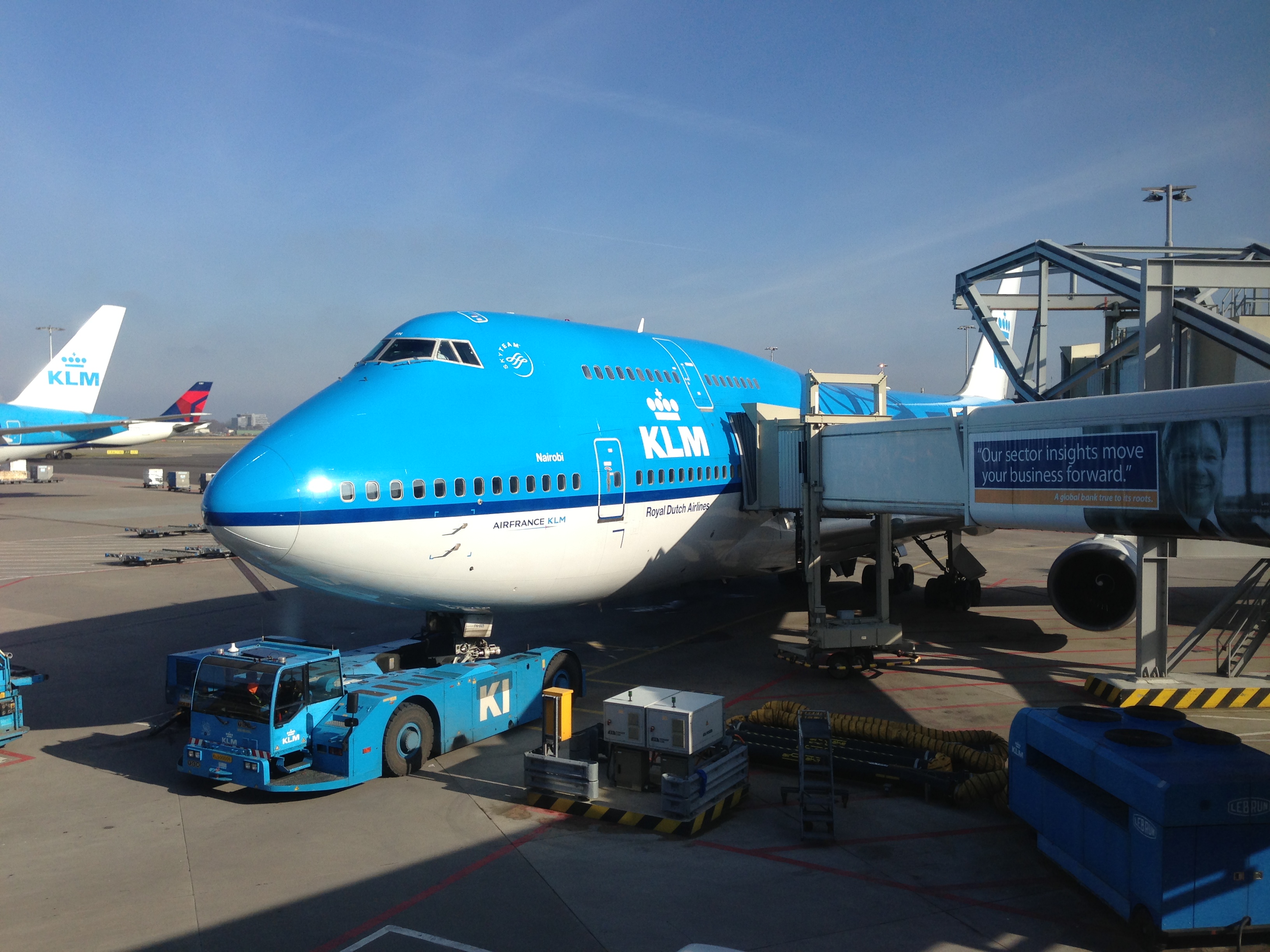
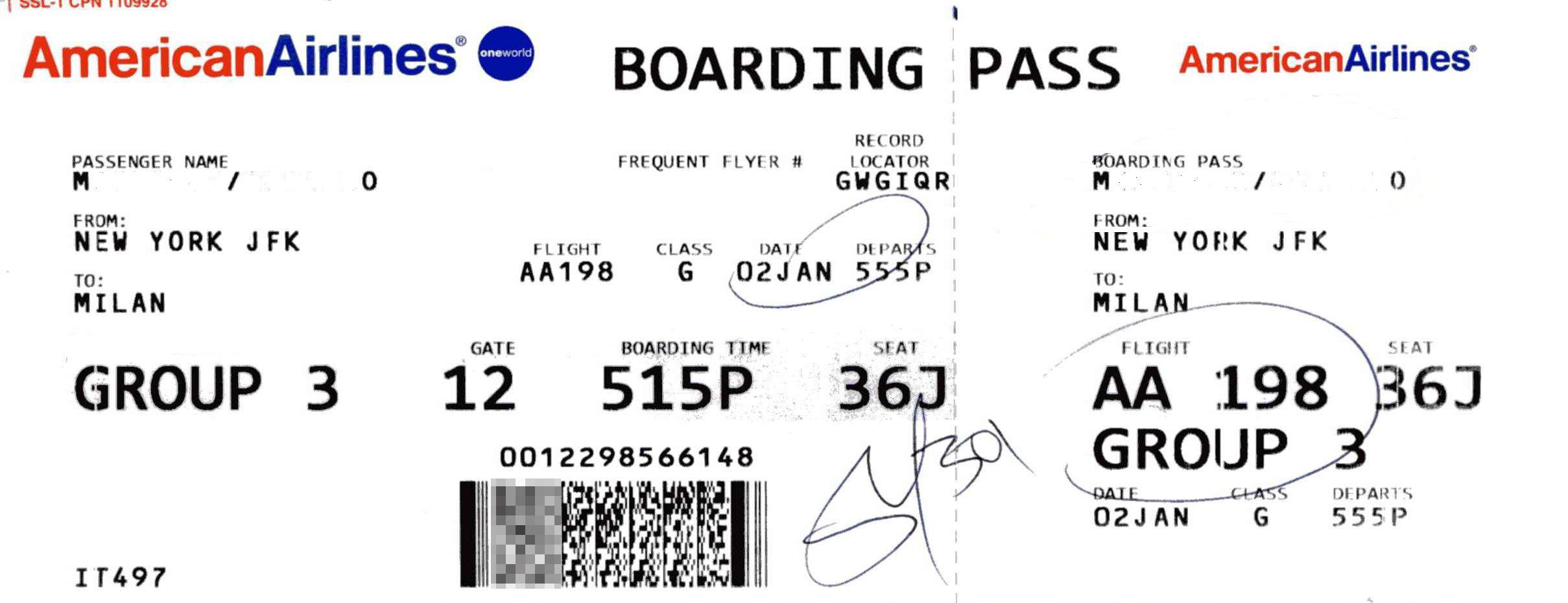
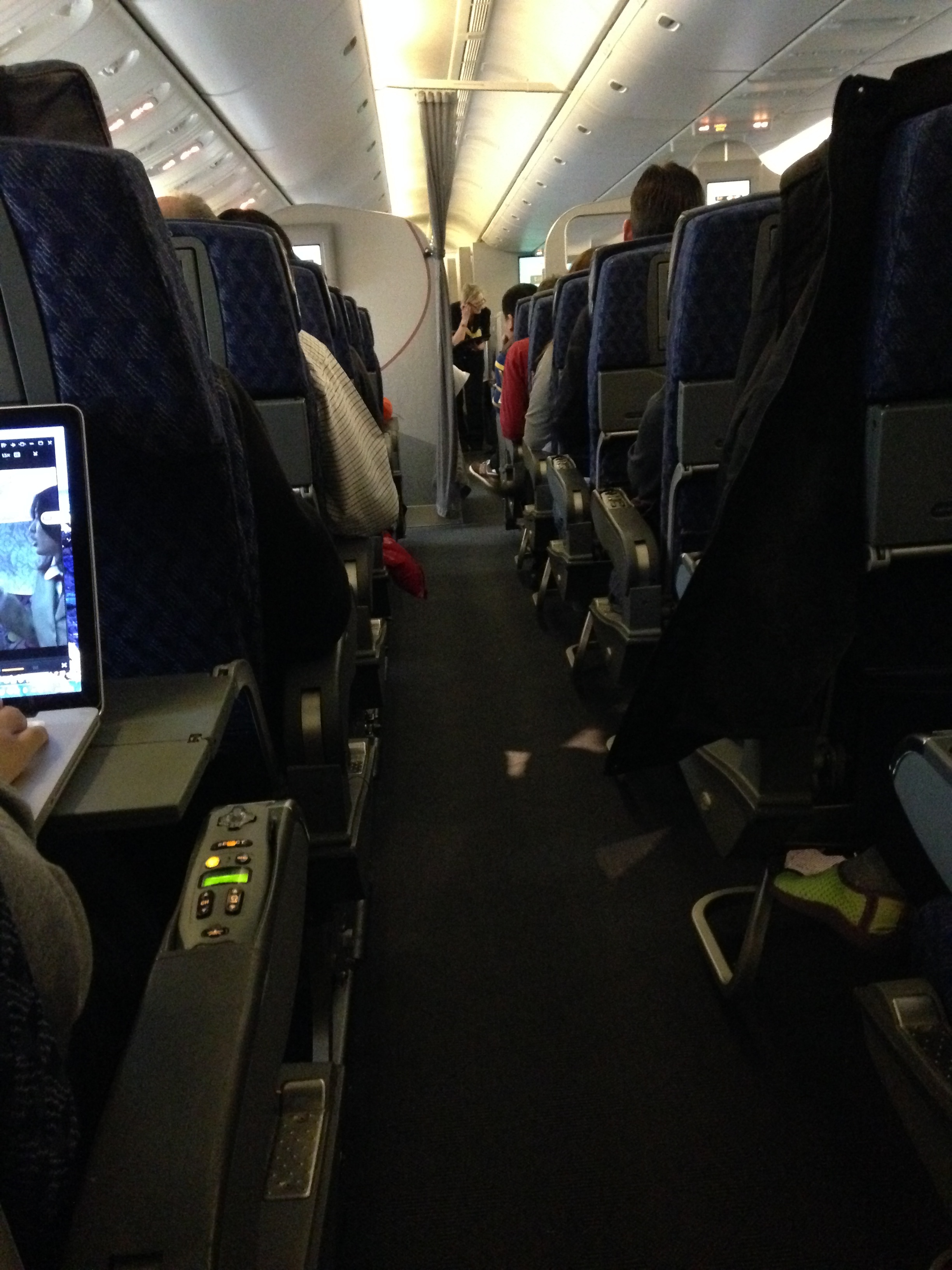
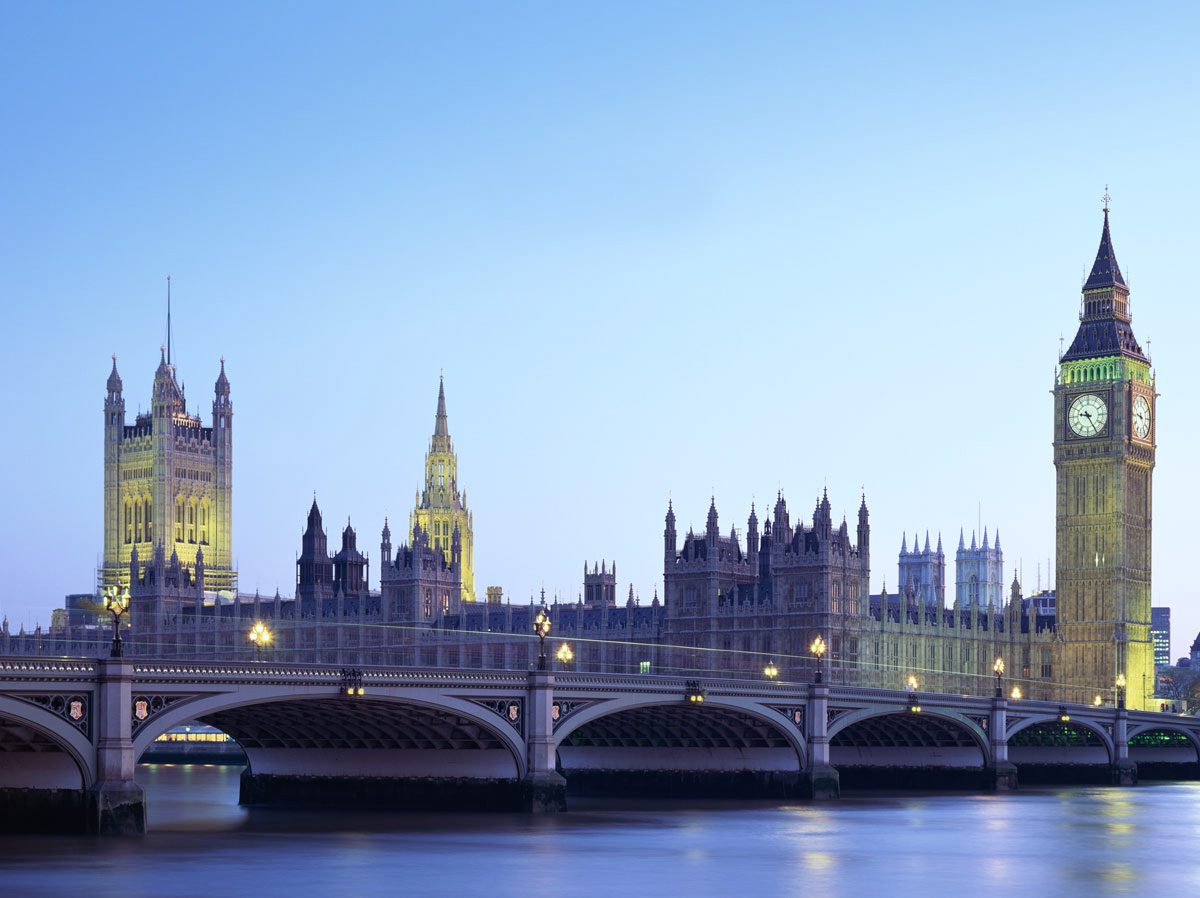
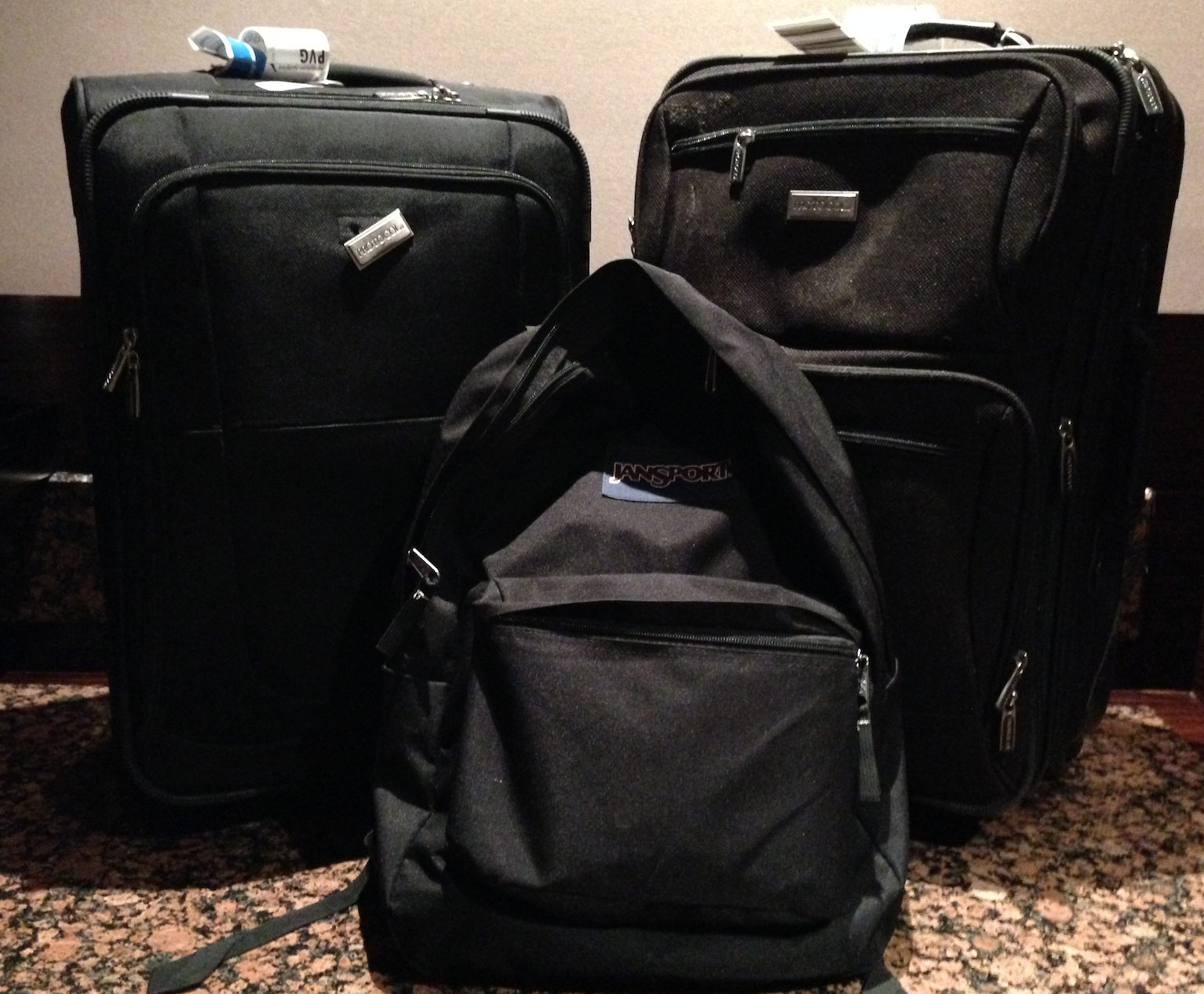

Wow, you did an elementary level campaign expenditures report. Welcome to the world of real business. Sorry it was such a surprise to you.
No one is saying it’s a “surprise” nor does it have to do with the ‘world of real business.’ I suggest you actually look into what a campaign expenditures report looks like, even at the elementary level you speak of. The purpose of this article is to see how anti-transparent this bill is and how it is being rammed down the throats of the American people because our mighty politicians are in the pockets of the big airlines.
Naïve is the wrong the word to describe this post but it might be the nicest word I can use. I am no fan of the Act but this post – and earlier ones – show a total lack of understanding in how Washington and politics works.
Every industry is going to give money to the leadership and rank and file members of the committees that have over jurisdiction over it. That’s because of the power these congressmen have, not because they are buying them. That may seem shifty, but they’re buying access, not votes. Very few elected officials are going to be bought for $90,000 when campaigns cost millions. Especially if it upsets the actual voters who decide elections.
We can criticize the way these congressmen vote, but if they see both management and labor supporting the same bill, they are going to take note. To say any elected official is in the pockets of business – again, labor was also involved as I understand it – just because they are a major donor and you don’t like the way they voted is unfair and shows a naïve understanding of modern day politics.
Matthew,
I think your understanding of DC politics and common sense is severely lacking here. I might understand it pretty well, given my time working in politics, Congress, and with Congress when I worked in federal relations representing millions of people.
First of all, you must have missed the point that showed that there was a 100% increase in contributions from the last election cycle. That is a sizable difference, and to not acknowledge that there is something questionable there is either intellectually dishonest, or to use your word, naive.
Furthermore, last time I checked, there is more to representation than caring what a labor union and big business says. There are more consumers impacted by this bill than there are members of labor impacted, so a true representative would look out for that consumer. The notion that because this is how Washington works is okay is exactly why we are here in a place where members of congress blatantly pass a piece of legislation as a way to pay back the air line industry for the exponential increase in their donations.
Lastly, the voters can’t get upset unless things like this are reported on, hence the post. If this wasn’t some kind of pay back, why did this bill pass with no transparency? There was no discussion of it on the committee, it wasn’t scheduled on the calendar until right before the vote, the rules were suspended on the bill, and then a voice vote was taken, therefore making it impossible for the voters to know who voted for and against the measure. In case you are wondering, this usually does not occur unless the bill has little or absolutely no objections (i.e. the naming of a post office).
I think your comment demonstrates a gross sense of naivety (at best). Thankfully, there is a myriad of resources for you to expand your knowledge on this subject, and I hope you use those forums to do just that and erase some of that knowledge gap which apparently exists for you on this subject.
I appreciate Jonathon’s response to my earlier post. Considering that I also have experience with politics, campaign finance and the congressional process, we may have to just agree to disagree. For example, I certainly don’t agree with his condescending attitude.
I think we can all agree that Congress is a model of dysfunction. However, the original post by Adam clearly takes the approach that these politicians took money so they’re a corrupt bunch of crooks. My overall point is that money is a part of politics and just because it is offered and accepted doesn’t mean that votes are being bought and sold. Unfortunately, that does happen occasionally, but Jonathon and Adam offer no substantiation for such an allegation. I’m sure Jonathon’s former boss(es) took money from people with interests in the outcome of legislation yet he’ll say they maintained their integrity.
Like it or not, businesses and labor unions are buying access to legislators. It happens. Political contributions will increase when an industry knows it will have a more active legislative agenda. The usual committee and voting process is often ignored by Congress, probably more often than not. This is Politics 101 and has been going for years so don’t pretend you’re shocked. Just because we may not like this piece of legislation doesn’t mean our democracy is dead.
I think you and I took very different Politics 101 courses. My post doesn’t say that these congressmen are crooks or corrupt, it is simply telling you to follow the money trail and make a link as to why this bill is being rammed down the throat of the American people. If you are referencing the tag, then you should know that tags are for search optimization purposes. You yourself say that Congress is dysfunctional, which is the main point of my post 🙂
This bill has no transparency due to how it is being passed and the reasoning behind it. I offer more than enough substance and figures to prove that the ONLY reason this bill is getting so much support in the House of Rep. is because of the hefty contributions that have been made by the airline industry in the last year. Sure you can lobby to pitch an idea, but this clearly shows that the airline industry and the House of Rep. are buddies because of how much they are contributing. I’m not saying they are -buying- the votes. Consumer Reports, which usually has a lot of sway in consumer protection bills, has been ignored numerous times throughout the life of the bill.
No one is in “shock” but this sort of stuff is bothersome and I don’t feel like letting it go, I rather be the guy who proactively points out the flaws in Washington and says this is just plain wrong. No one said democracy is dead, I think you’re reading so much into my article that words are starting to magically appear in the post.
As for Jonathan, I want to point out that he is not one of the F2T bloggers, and I think you were both condescending. Matthew, you still were in your second post but that is of little interest to me. Thanks for reading the article, that is all I care about!